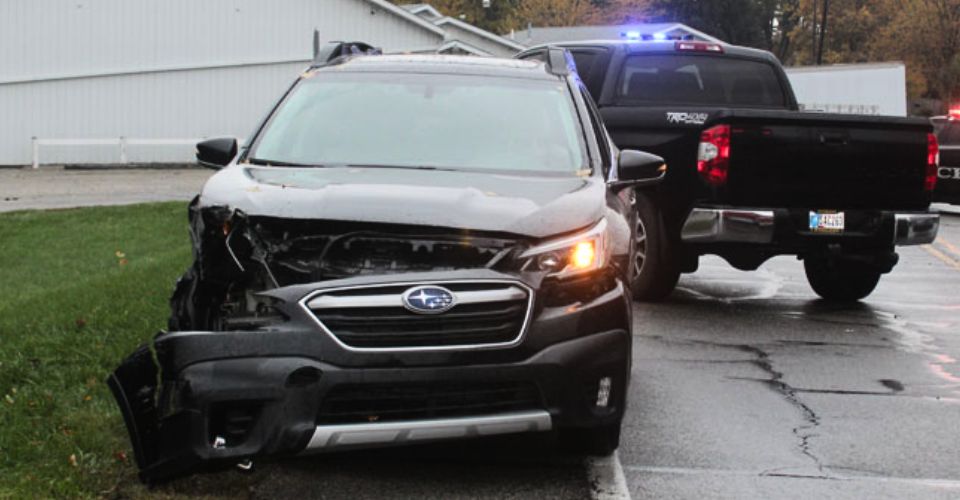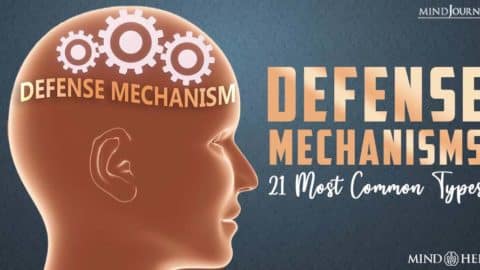Heavier Vehicles Equals More Speeding Tickets
According to the new paper in Marketing Letters, there is a strong relationship between a vehicle’s size and its owners’ driving habits. The study, which used data from the whole country of Israel, found that drivers with bigger and heavier vehicles are more likely to be given a speeding ticket implying their tendency towards risky driving behavior.
The Rising Tide of Bigger Autos
The growing popularity of larger cars such as SUVs and pickups informed the research. Generally, these vehicles are supposed to be safer for their occupants in case of an accident but place others at greater risk such as pedestrians. The researchers wanted to know if people who drive large cars have a feeling of safety while on road leading to reckless driving.
Comprehensive National Data Analysis
Using Israel’s Ministry of Transport and Road Safety data, all 2018 active passenger cars and police issued speeding tickets were analyzed by researchers. This extensive dataset included information on cars like mass, horsepower, fuel type among other things and also details about how many times they had been caught over speeding by the police. Consequently, these figures represented 3,095 different configurations for 2,162,525 vehicles thus giving enough basis for analysis.
Methodology: Two-Stage Least-Squares Regression Model
To find out whether vehicle mass affects speeding behavior or not, researchers applied two-stage least-squares regression model (2SLS). This way was helpful in overcoming any potential issues concerning endogeneity where people taking risks could have been more prone to buying huge autos.
In the first step vehicle weight was estimated using an instrumental variable: “the weighted average price per configuration.” In this regard predicted automobile weight was then used in order to measure how it influenced having received additional speeding tickets. By doing so the authors could estimate the change in speed when one changed only car size keeping constant other variables like horsepower, gear type, fuel type and safety features.
Key Findings: Heavier Vehicles and Increased Violations
The results of the research showed a positive relationship between vehicle mass and number of speeding tickets. In particular if vehicle mass increases by 1%, then an average car would be expected to have 0.024 more speeding tickets. This implies that drivers who possess bigger cars commit more offenses for exceeding speed limits than other classes.
Moreover there were similar findings across different types of traffic violations suggesting this relationship is not limited to only speeding. Consequently, it confirms that larger vehicles are associated with general increase in risk behavior including driving while talking on phone or texting, not wearing seat belts and jumping traffic lights.
Robustness of Results
Additional checks were used to make the results more reliable. Traffic enforcement cameras and police cars’ citations for speeding were examined providing consistent results irrespective of the approach taken to apply regulations. Segmenting the data according to transmission type and categories of vehicles also revealed positive association between mass of vehicles and cases when speed was exceeded in many segments. A replacement instrument for price per configuration—towing capacity—was found useful in validating these results too.
Conclusion
This study, “Does vehicle mass have any bearing on hazardous driving habits? Examination of full national records” written by Aviv Steren, Stav Rosenzweig and Ofir D. Rubin gives important findings about how the size of a car affects its driving behavior. According to these results, it is clear that people who drive heavier and bigger vehicles are likely to take part in careless driving which signals the urgency of creating more consciousness and perhaps customized interventions that will help minimize this problem.






Leave a Reply
You must be logged in to post a comment.